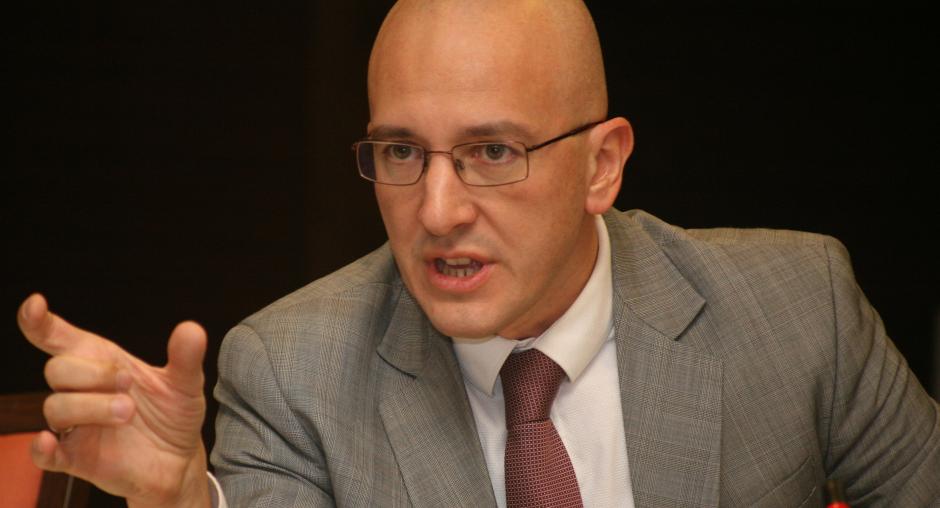Judges highlight challenges in adjudicating war crimes cases at OSCE/ODIHR regional peer-to-peer meeting

Common challenges in adjudicating war crimes cases in South-Eastern Europe were the focus of a peer-to-peer meeting of regional and international judges organized by the OSCE Office for Democratic Institutions and Human Rights (ODIHR) in Sarajevo on 15 November 2013.
The meeting brought together judges from Bosnia and Herzegovina, Croatia, Montenegro, Serbia, Switzerland and the United States, and focused on issues such as determining the responsibility of commanders in preventing or punishing criminal acts committed by their subordinates, recent changes to criminal procedure laws in the region that impact the conduct of war crimes trials, and dealing with vulnerable witnesses during proceedings. Participants also examined the role of war crimes trials in post-conflict reconciliation. Judges from Kosovo also attended the meeting.
“Ultimately, the greatest responsibility for adjudicating war crimes in the region falls on domestic jurisdictions, which are in charge of prosecuting the majority of alleged war crimes perpetrators,” said Nina Suomalainen, Deputy Head of the OSCE Mission to Bosnia and Herzegovina. “Recent reforms to criminal justice systems in the region also constitute a major challenge for the work of justice professionals.”
Azra Miletić, a judge from the State Court of Bosnia and Herzegovina, said: “Many jurisdictions in South-Eastern Europe still face a backlog of war crimes cases. By exchanging experiences with our counterparts from across the region, we can highlight solutions to tackle common challenges in a more expeditious manner, while remaining fair and impartial.”
This meeting is the sixth activity organized this year as part of the second phase of the OSCE/ODIHR War Crimes Justice Project, which aims at building the capacity of and reinforcing the professional ties among justice actors handling war crimes cases in the region.
